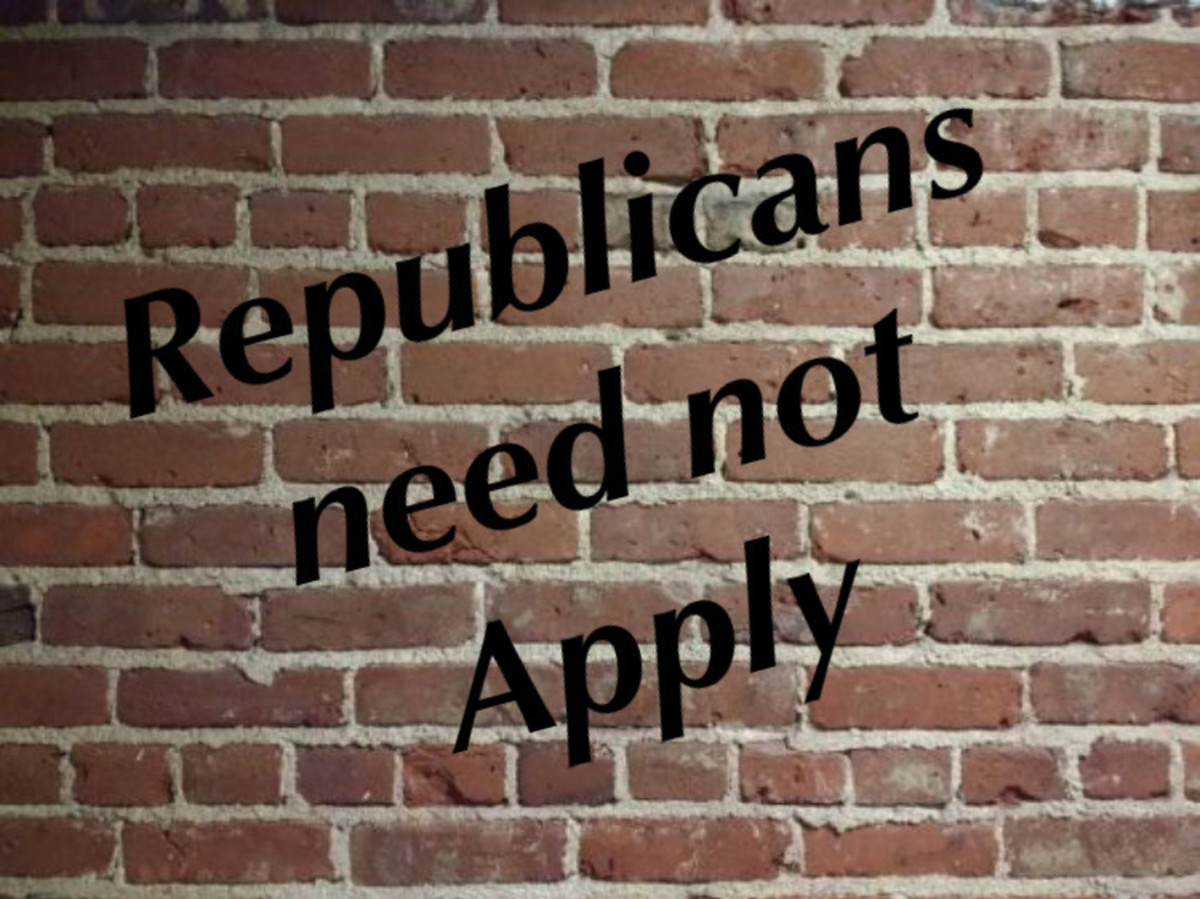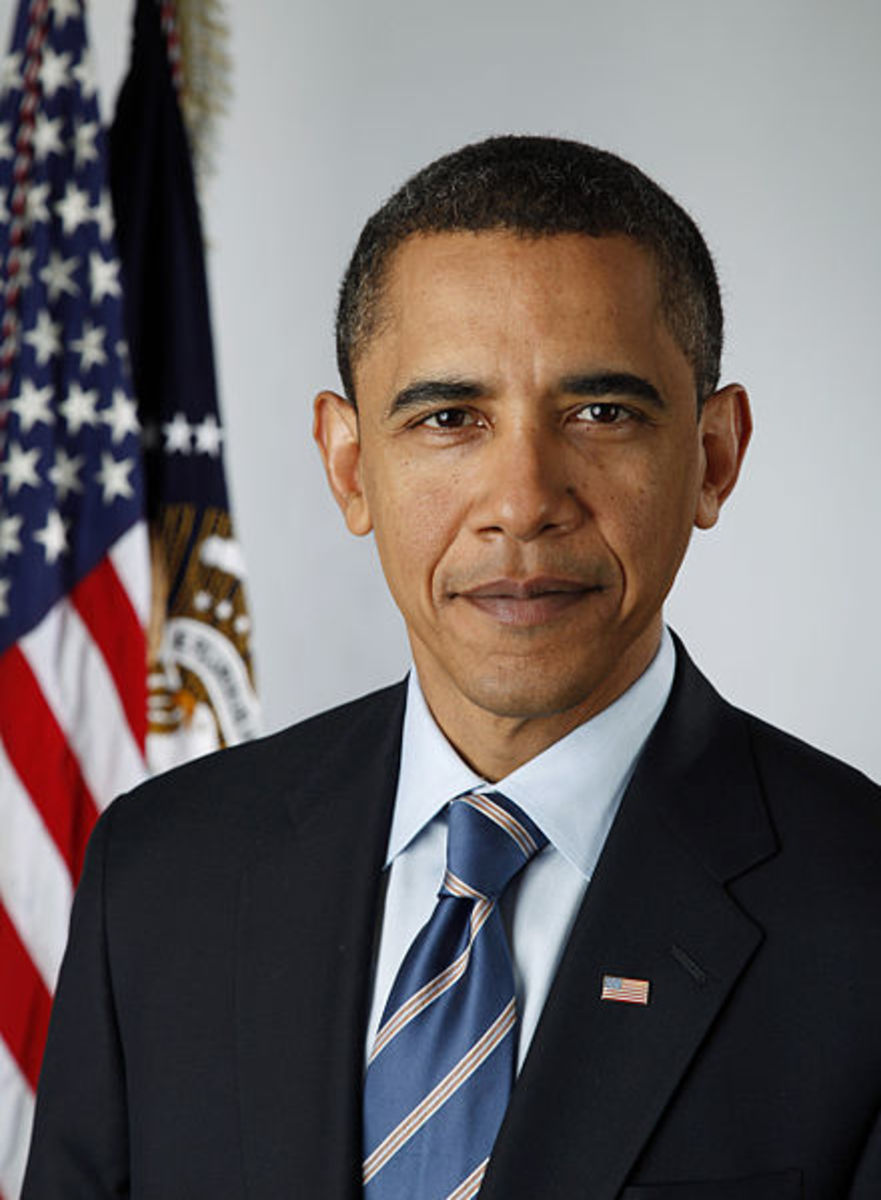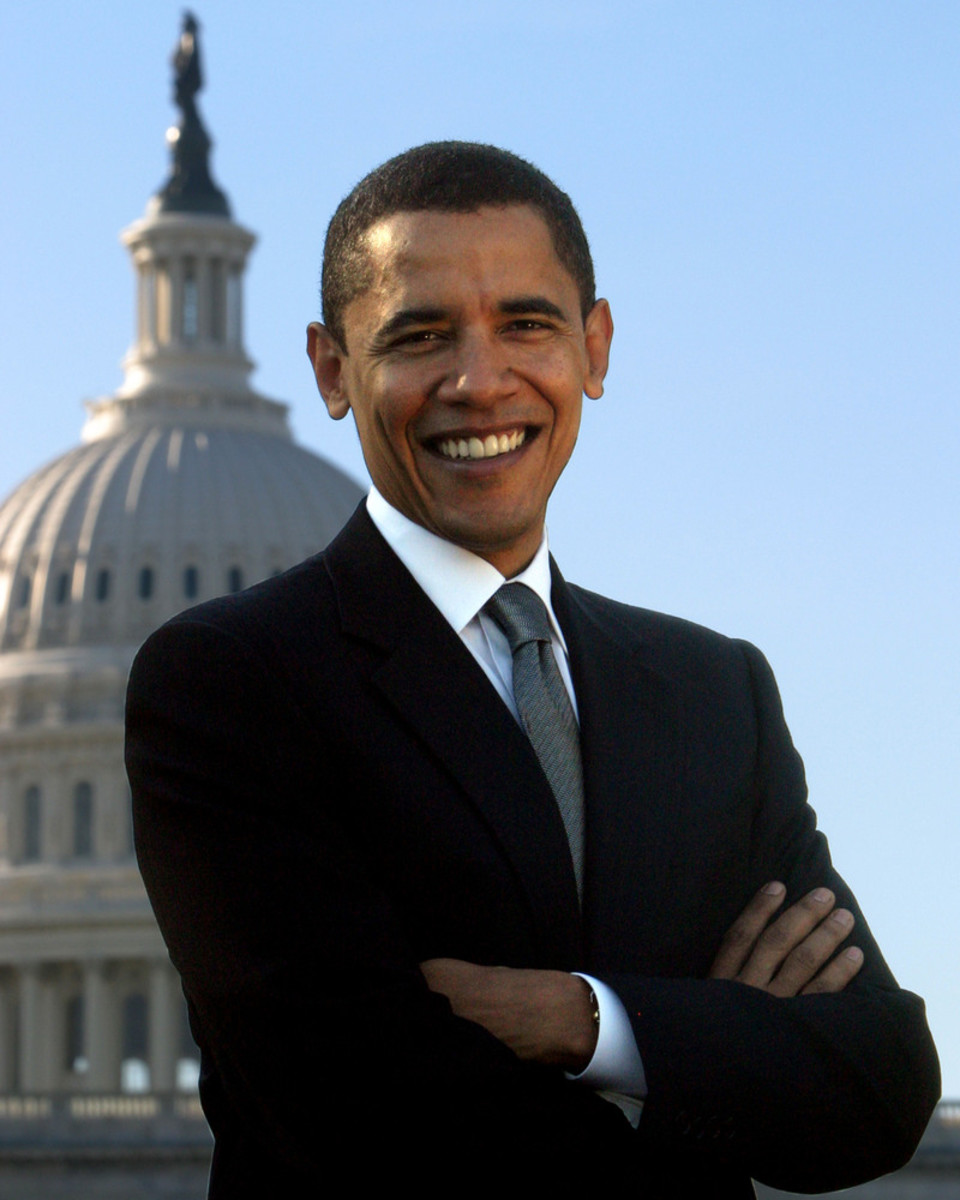The Role of Elections in Democracy

Why are elections central to contemporary democracy?
In order to explain the importance of elections to contemporary democracies it is vital to first define what a democracy is. The term democracy originated in ancient Greece and means simply “the rule of the people”. A more modern definition of the term though states that ‘democracy requires free, fair and competitive elections underwritten by universal suffrage in order to choose government leaders…’ (Stoker 2006: 21). This though is not inclusive of direct democracy which does not require elections to be democratic, but perhaps this is intentional as there are no true direct democracies today. All modern democracies use the representative democracy; it seems alternative political systems are incapable of providing practical, fair and just structures to the same extent.
Direct democracies do not require the public to elect representatives but instead allows people to decide how to rule the state themselves without the need to elect representatives to voice opinions on their behalf. There are no direct democracies in the world today despite a general consensus of support for associated methods throughout many democracies. A German Election study, 1998, found more Germans favoured principles of direct democracy than those of representative democracy (Dalton, Buklin, and Drummond cited in Bowler, Donovan, Karp 2007: 352). The lack of direct democracies does not seem to be due to a lack of support but because of practicalities implementing it. One of the greatest problems is posed by Gamble (1997, 245) when asking, ‘When citizens have the power to legislate issues directly, will the majority tyrannize the minority?’. Direct democracy enables the majority view to suppress minorities civil rights. Noam (1980, 803) summarised this problem; ‘A main objection to referendum democracy is that it leads to outcomes that are not efficient: a majority will prevail even when its potential gain is much smaller than the minority’s loss’. It is also argued that populations can be manipulated into suppressing minorities when the legal framework of direct democracy is provided. As Broder (2000, 243) expressed; ‘[T]he experience with the initiative process at the state level in the last two decades is that wealthy individuals and special interests...have learned all too well how to subvert the process to their own purposes.’ A further problem with direct democracy is merely practical regarding the organisation of the state. A governing body is virtually essential to implement policies and frame policy propositions posed to the public; it would be difficult to organise the people of a whole country to have their say in political actions without a government. One final difficulty is the assumption that public interest in politics would increase and everybody would be better informed a result. The present lethargy suggests that some people would be interested but not all and those that were would not necessarily avail themselves of the information to make a balanced decision but would nevertheless vote. This could lead to poor political decisions pushed through by a vocal minority. Direct democracies therefore appear to have many problems preventing it from being a just or practical enough system to be regarded the best choice for democracies in the present day.
Representative democracy allows the people in a state to elect politicians who they believe represent their political views and that they believe will take their views into government for them. This enables the public to be involved in the decisions of government without having to participate themselves each time. Elections within representative democracies hold a vital role in this system; it is through voting that the public are able to participate in politics. Although in many systems the moment when power changes hands is a moment of instability but when elections are run successfully they can act to contain any instabilities; ‘elections allow for the possibility of peaceful political change’ (Miller, 506). This is the result of consensus amongst voters that whoever wins has the right to leadership as elections are the people will. Elections cause people to be more inclined to accept governments actions due to the recognition that they were elected to power through a system of universal suffrage, and that there is a system in place to voice any views with the possibility to use the governmental system for their own benefit. However, due to the routine regularity of election timings politicians do not usually feel tied to their election promises because it will be a few more years before the leading government is likely to be under threat of public opinion. Competing parties also tend to share similar policies minimising the variety of topics discussed by the parties during election time. This leads the electorate to a choice between what appears to most to be near-identical parties. A further problem with elections is failure to take intelligent minority views into account; the vote of the indifferent or ill-informed is as valuable as that of the concerned voter. This makes it possible to avoid mass unrest and possible uprisings by accepting a middle of the road agenda which maintains a stable system for the country. Elections, despite it’s problems, do offer a means through which radical changes can be made, even if a very constrained means, so the hope of all political views is maintained and the reliance of the public on elections is encouraged.
Usually modern democracies attempt to use representative democracy while employing methods associated with direct democracy to allow the public a greater say in critical matters which affect and interest them. The use of this system can be seen most prominently in Switzerland’s system of governance. The most frequent method by which these state wide decisions are made is referendums which ask the public directly what their wishes are regarding a certain policy, but only where appropriate. The Swiss system has also been found to be in favour within other democratic countries. In 1997 a Eurobarometer poll was conducted which found that 72 percent of British respondents support the Swiss form of democracy in which the peoples opinion is asked for regularly regarding new policies. Higher levels of support for this system were found amongst respondents in Austria, Greece, Germany, Ireland, Portugal, and Belgium (Bowler, Donovan, Karp 2007: 352). This hybrid system of representative and direct democracy to form a government posing questions to the public is a practical method for involving the people directly. This system incorporates the people’s desire to be involved and have their opinions heard while having a government formed fairly to the people’s will. Through this elected body the daily workings of the state and the administration of the peoples opinion is run while the people can get involved in certain policies as well. Elections allow people a say in government composition and in the politics which are to be applied by them. Elections give a level of accountability and responsibility to the government for the decisions they make on the peoples behalf. There are two prominent benefits of this system; initiatives and referendums can override the decisions of the unfaithful elected officials while the threat of a ballot proposition can cause elected officials to choose different policies than they would have if direct democracy was unavailable. The incorporation of direct methods therefore seem to act as a method through which the public are able to monitor those in power.
In conclusion, it seems that democracy would struggle to exist without some form of elections. Direct democracy would be near impossible to implement in large countries and would demand a lot of time from the public which most people in modern society would not be willing or able to give up to politics. Election of a government ensures that there is a stable organization in the country composed of knowledgeable politicians aware of how politics works more than the people who elected them. This ensures more complex issues are being decided upon by people aware of what would be best in the long run rather than deciding on actions based on personal interest as the public would. However, it seems that this system of democracy could be improved if representatives were subject to removal if they are at significant odds with what they promised at the election. This would emphasis the value of the peoples decisions and force the representatives to do what the country actually expected of them.
Bibliography
Bowler, S. and Donovan, T. and Karp, J. 2007. ‘Enraged or Engaged? Preferences for Direct Citizen Participation in Affluent Democracies’. Political Research Quarterly. 60 (3): 351-362.
Broder, D. 2000. Democracy Derailed: Initiative Campaigns and the Power of Money. New York: Harcourt Inc.
Gamble, B. 1997. ‘Putting Civil Rights to a Popular Vote.’ American Journal of Political Science. 41 (1): 245-269.
Miller, C. 2004. ‘Interrogating the Civic Epistemology of American Democracy: Stability and Instability in the 2000 US Presidential Election’. Social Studies of Science. 34 (4): 501-530.
Noam, E. 1980. ‘The Efficiency of Direct Democracy’. The Journal of Political Economy. 88 (4): 803-810.
Stoker, G. 2006. Why Politics Matters: Making Democracy Work. Hampshire: Macmillan Publishers Limited.








